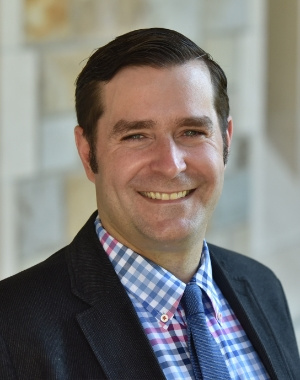
Research on college course taking, and what students learn while attending college have historically been hampered by inconsistent course titles and numbers across multiple institutions. Education economist Kevin Stange and a research team from the Ford School’s Education Policy Initiative received nearly $900,000 from the U.S. Department of Education’s Institute of Education Sciences to standardize big data and create an open-source college course mapping tool. The team includes IES predoctoral student Anna Paulson, Allyson Flaster, assistant research scientist at the U-M Institute for Social Research, and David Jergens, associate professor of information at the U-M School of Information. U-M’s Michigan Institute for Data and AI in Society (MIDAS) provided seed funding for the project in 2021.
“So much of what we know about students’ experience in college uses crude markers of that experience—such as college major—or is focused on a small sample or single institution,” Stange said. “This tool will let states, researchers, and practitioners look at course-taking patterns on a much larger and national scale.”

Danielle S. McNamara, the executive director of the Learning Engineering Institute at Arizona State University, wrote in support of the project, “When completed, this tool will be incredibly valuable to me and other researchers seeking to use large-scale learning data to improve student learning environments and experiences. It will allow us to answer a whole host of research questions that we can't currently address and will provide context for (and allow us to control for) the ways in which course-taking impacts student engagement, outcomes, and success for large and diverse populations of learners.”
The project team will apply machine learning approaches to text-based descriptions of courses to systematically classify the content of courses, using nationally representative National Center for Educational Statistics longitudinal studies. This research will result in a freely available software package that will assign consistent College Course Map (CCM) codes to individual course records. User testing will validate and further refine the algorithm. End users will be able to download the software to analyze their institutional data.
“The applications are endless in postsecondary education research,” Stange said. “The software can help us study disparities in course-taking, transfer students, bottleneck and gateway courses, the long-term effects of college curriculum, and so much more.”
